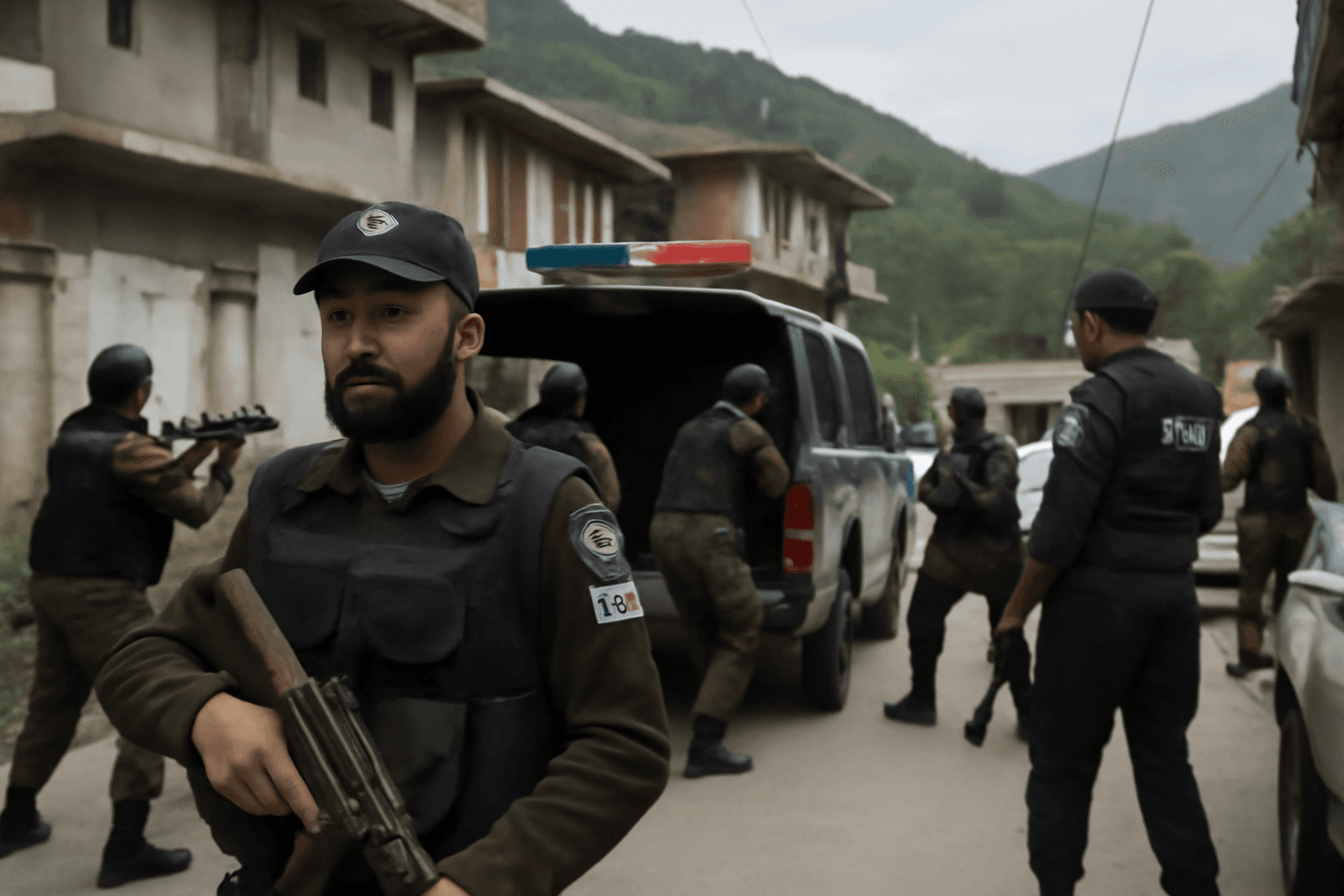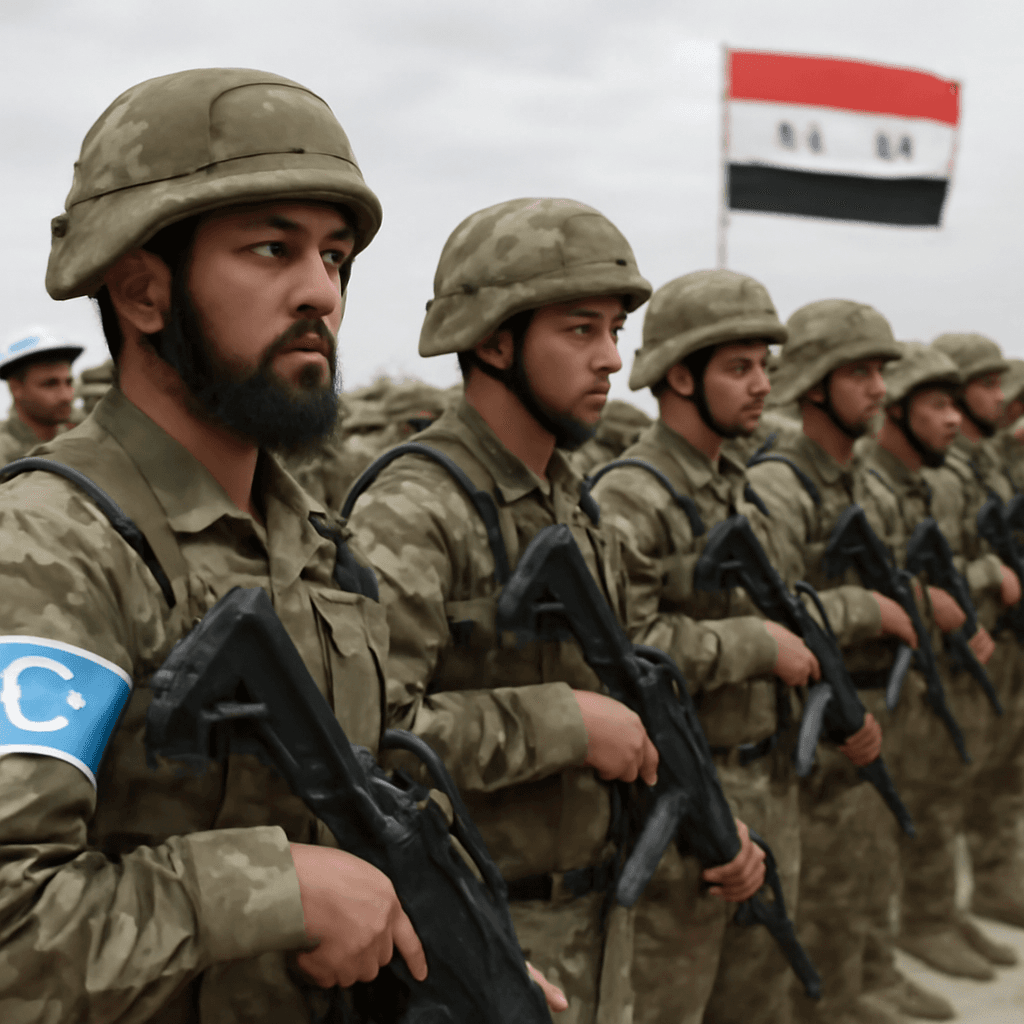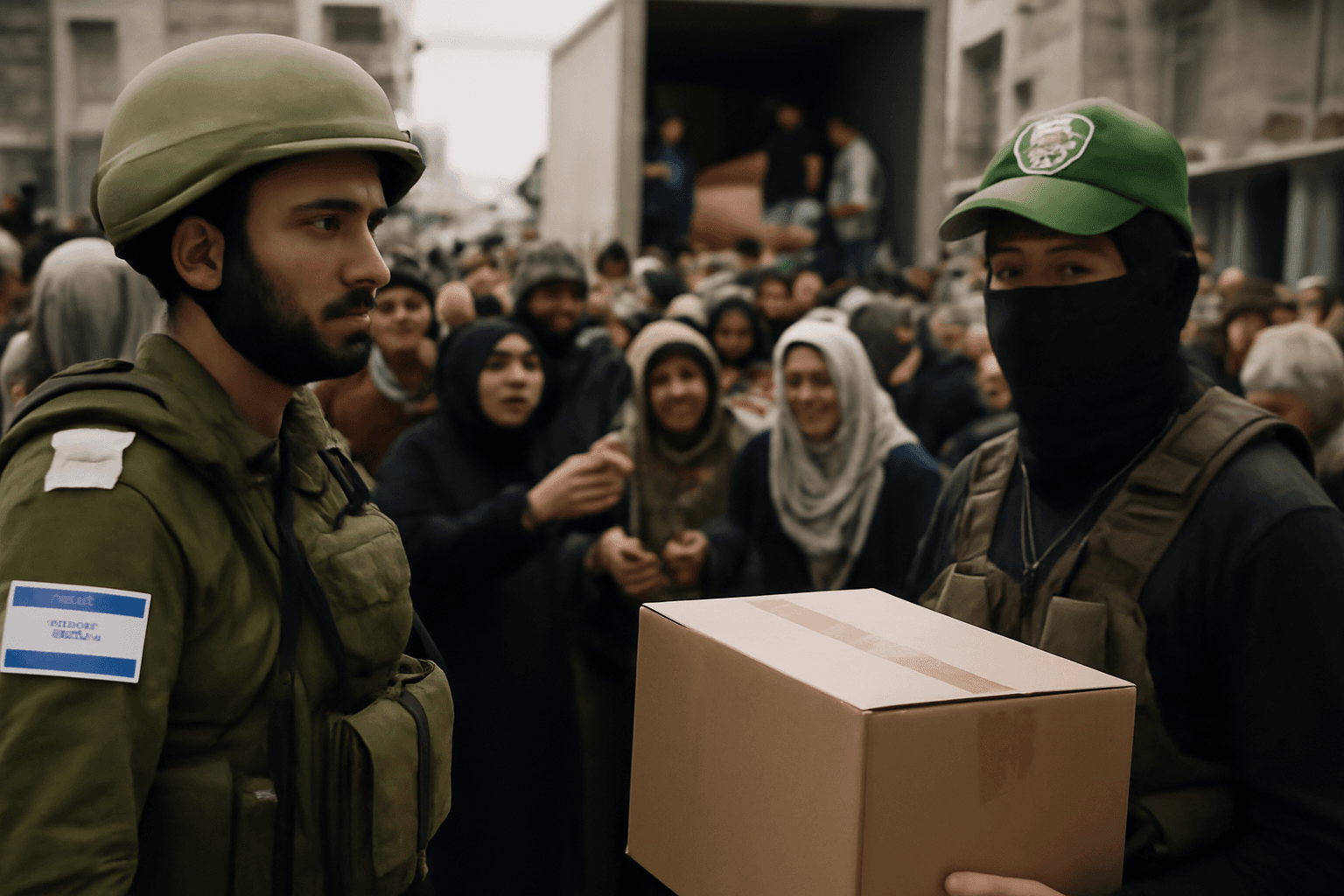Security forces in Pakistan-occupied Kashmir (PoK) carried out an intelligence-based raid on a militant hideout in Rawalakot district, resulting in a deadly encounter that killed two police officers and four Pakistani Taliban fighters, officials confirmed on May 29.
The operation, described by Abdul Jabbar, the police chief of PoK, was unusual for the region where such militant crackdowns are rare compared to Pakistan’s tribal northwest. The militants were identified as members of Tehrik-e-Taliban Pakistan (TTP), a group allied with the Afghan Taliban and known for its insurgency against the Pakistani state.
Jabbar accused the TTP of acting as a proxy for India, alleging their intent to establish a new operational base within PoK for future attacks. Indian officials have yet to respond to these claims.
Though Pakistani forces regularly conduct anti-TTP operations in the country’s northwest and tribal areas, PoK has historically seen fewer such actions. Following the Taliban’s resurgence in Afghanistan in 2021, TTP fighters have reportedly gained sanctuary there, complicating Pakistan’s internal security landscape.
Background on Pakistan-Taliban Relations
Pakistan’s complex relationship with the Taliban dates back to the 1990s when Islamabad supported the Afghan Taliban to assert influence in Kabul and counter India’s regional presence. The Inter-Services Intelligence (ISI) agency played a key role in backing Taliban factions during Afghanistan’s civil war.
However, Pakistan’s stance towards the TTP, formed in 2007, has been hostile. The TTP, seeking to impose its strict version of Islamic law in Pakistan, has launched numerous attacks on civilians and military targets, prompting multiple military offensives aimed at dismantling the group.
The Taliban’s return to power in Afghanistan initially raised hopes for regional stability, but the resurgence of TTP militants using Afghanistan as a sanctuary has intensified security challenges for Pakistan. Islamabad now stresses the need for the Afghan Taliban to curb TTP activities while continuing its own counterterrorism operations within its borders.
With agency inputs.



















